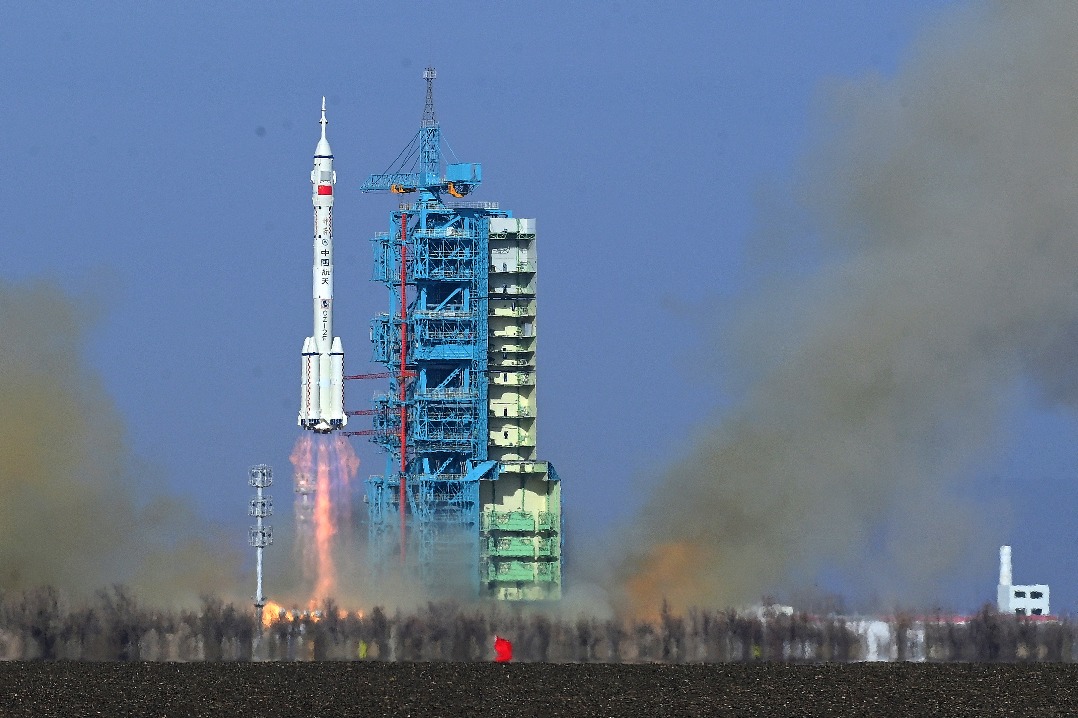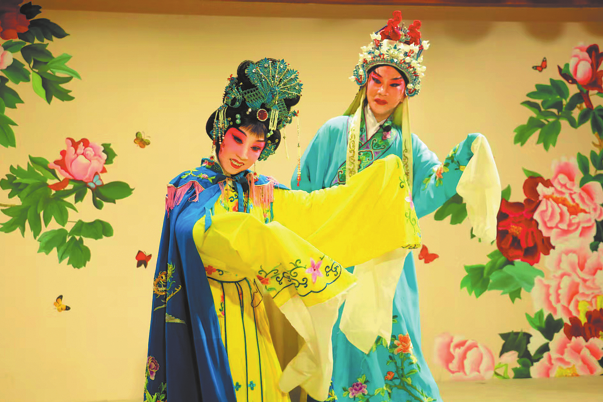Tsinghua introduces comprehensive framework for AI use in education

Tsinghua University has unveiled a comprehensive framework for artificial intelligence use in education, emphasizing the prohibition of AI for ghostwriting, plagiarism, fabrication, or other misconduct among graduate students. The guideline positions AI as an auxiliary tool, with teachers and students as the primary agents in education.
Graduate students are reminded that AI cannot replace the academic training and intellectual labor they must complete independently. Supervisors are tasked with providing clear guidance on AI use and maintaining oversight to ensure academic integrity and originality.
The guideline mandates proper disclosure of AI use, prohibits academic misconduct, and forbids using sensitive or unauthorized data in AI models. It calls for vigilance against AI "hallucinations" and stresses multi-source verification to prevent cognitive complacency from AI reliance.
Instructors are responsible for determining AI use according to course goals, explaining principles to students, and overseeing AI-generated teaching materials. They are encouraged to guide students toward a critical understanding of AI and help them develop essential competencies.
Students are encouraged to explore AI as aids within course boundaries, but are prohibited from submitting AI-generated text, code, or output as their own work.
The guideline's development followed extensive research and consultation led by Professor Li Manli of Tsinghua's School of Education. This included a global survey of 70 AI education documents from 25 universities and interviews with over 100 students and instructors.
Building on Tsinghua's experience with AI in education, the guideline supports the integration of AI in over 390 courses across 10 areas, including AI learning companions and teaching assistants.
Wang Shuaiguo, director of the university's Online Education Center and primary drafter, described the guideline as a "living system" meant to evolve with technology. He emphasized that it should not restrict innovation but grow alongside technological advancements.
The guideline also encourages innovative AI applications in teaching and learning, recognizing and promoting exemplary practices. It establishes "red lines" for misconduct while highlighting "green lights" for responsible, meaningful experimentation.
"We hope this will not become a document that restricts innovation," Wang said. "It should be a living system — one that continues to grow as the technology evolves."
- Tsinghua introduces comprehensive framework for AI use in education
- Rime-covered forest with autumn colors draws visitors to Hunan mountain
- Chinese president appoints new ambassadors
- Mainland spokesperson underscores significance of Xi's remarks on Taiwan in phone call with Trump
- Mainland slams Lai Ching-te for 'disgusting' support of Japanese PM's Taiwan remarks
- China's top legislator meets Tonga's king





































